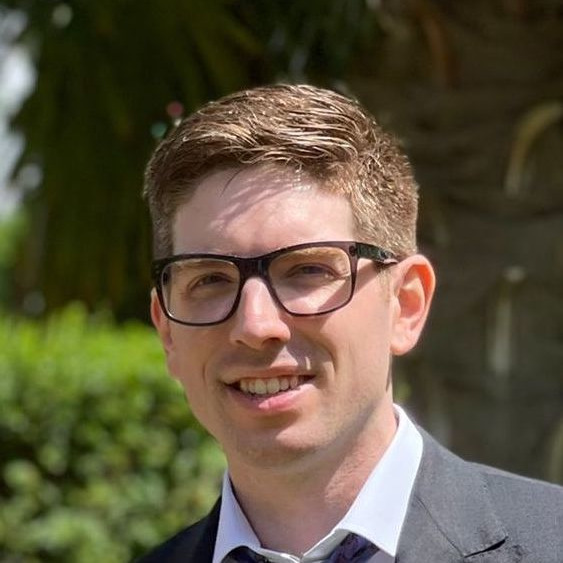Aurélien Dugourd

After I graduated from my Computational Biology master’s degree in 2015, I joined Julio Saez-Rodriguez team as a PhD student. I worked on the development of hybrid mechanistic models, integrating gene regulation, signaling pathways and metabolomics data to explain disease phenotypes, help find new therapeutic targets and predict their potential effect based on a specific patient profile. This led to the development of the tools COSMOS and oCEan. This project was part of the collaborative SyMBioSys ITN project, financed by the European Marie Skłodowska-Curie actions, as well as the SMART-CARE consortium to apply mass-spectrometry-based systems medicine to cancer.
Today, I lead the development and application of methods to extract interpretable mechanistic insights from multi-omic datasets. I especially focus on leveraging prior knowledge, in the context of signaling and metabolism of complex diseases, such as cancer and development of treatment resistance. I work in collaboration with pharmaceutical partners, notably Pfizer, to support the development of novel cancer treatments and better understand the development of resistances by bringing those methods closer to relevant industrial applications.
Research Interests
Models are everywhere; we create and use them constantly most of the time without even being aware of it. As an example, every morning we use an implicit model to determine how much time it will take us to reach our workplace based on contextual parameters such as weather and traffic, hence allowing us to find out at what hour we have to leave to be on time.
Thus, thanks to the ever-increasing power of computers, we now use models in biology to process large amount of biological data generated by experimentalists. These models allow us to better understand how biological systems work and even to predict their behaviors in the limits of clearly defined boundaries.
Hence, my work focuses on the development of accurate biological models that aim at bridging three different layers of biological systems: the gene regulation, signaling and metabolic pathways. These models are developed based on comprehensive biological data in order to be as relevant as possible. My goal is to use these models both to have a better understanding of cell functioning and to help develop more relevant and personalized treatments for patients.
Professional Career
| 2024-present: Senior Staff Scientist Saezlab, EMBL-EBI | |
| 2020-2024 | Post-doctoral fellow Saez Lab, Heidelberg University |
| 2020-2021 | Post-doctoral fellow Kramann Lab, RWTH Aachen |
| 2015-2020 | Marie Curie Early Stage Researcher (SymBioSys) |
Education
| 2015-2020 | PhD student in mechanistic modeling at Saez Lab, Heidelberg University. |
| 2013-2015 | M. Sc. in Computational biology at University of Nantes, France. |
| 2011-2013 | M. Sc. in Genetic, Genomic and Biotechnology at University of Occidental Brittany, France. |
| 2009-2011 | Bachelor in Biology at University of Occidental Brittany, France. |
 0000-0002-0714-028X
0000-0002-0714-028X